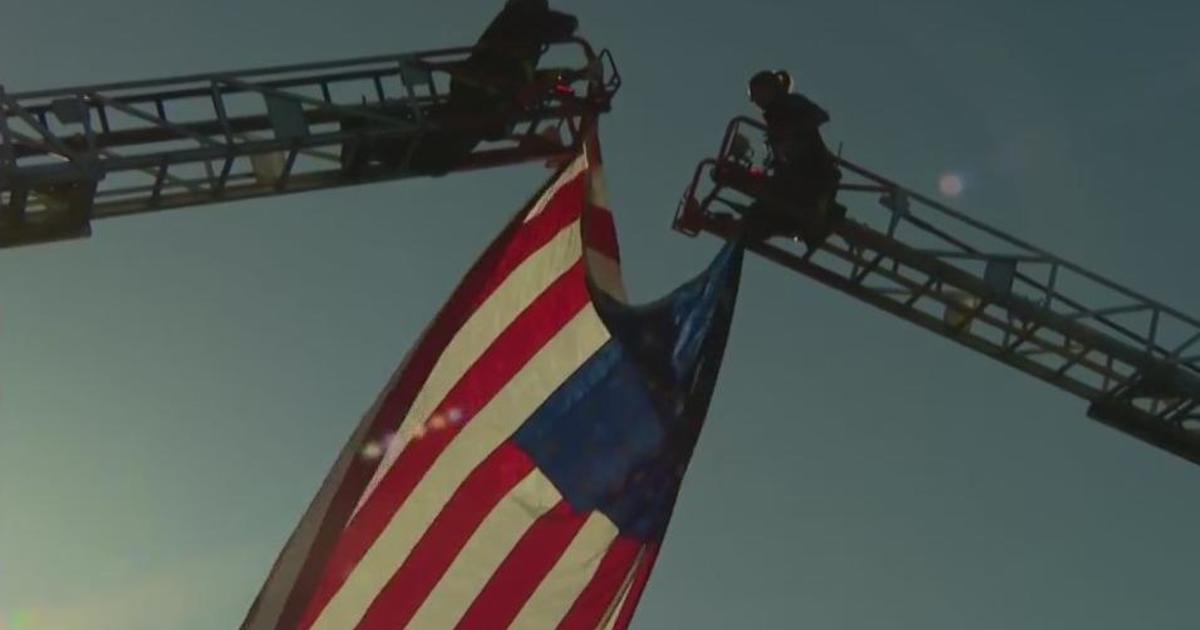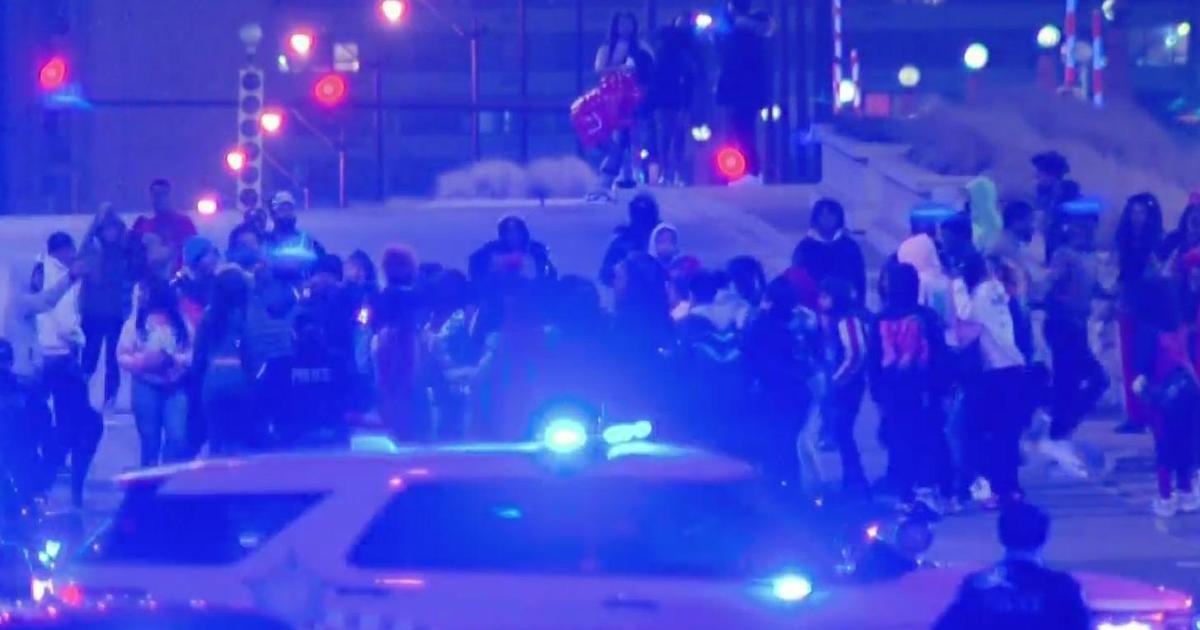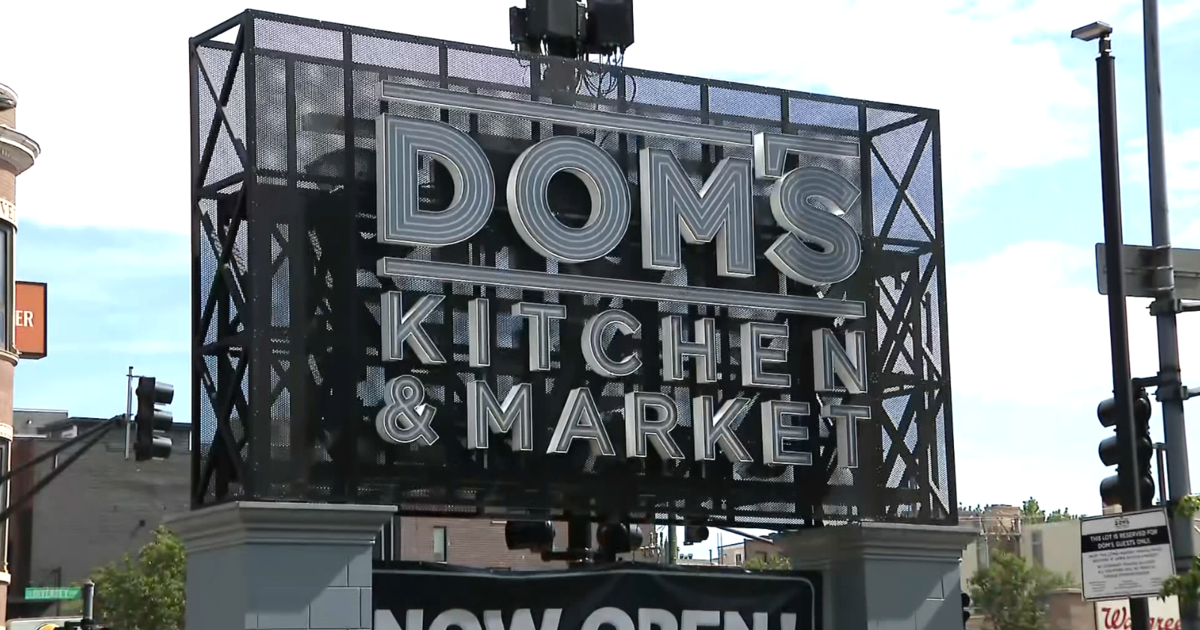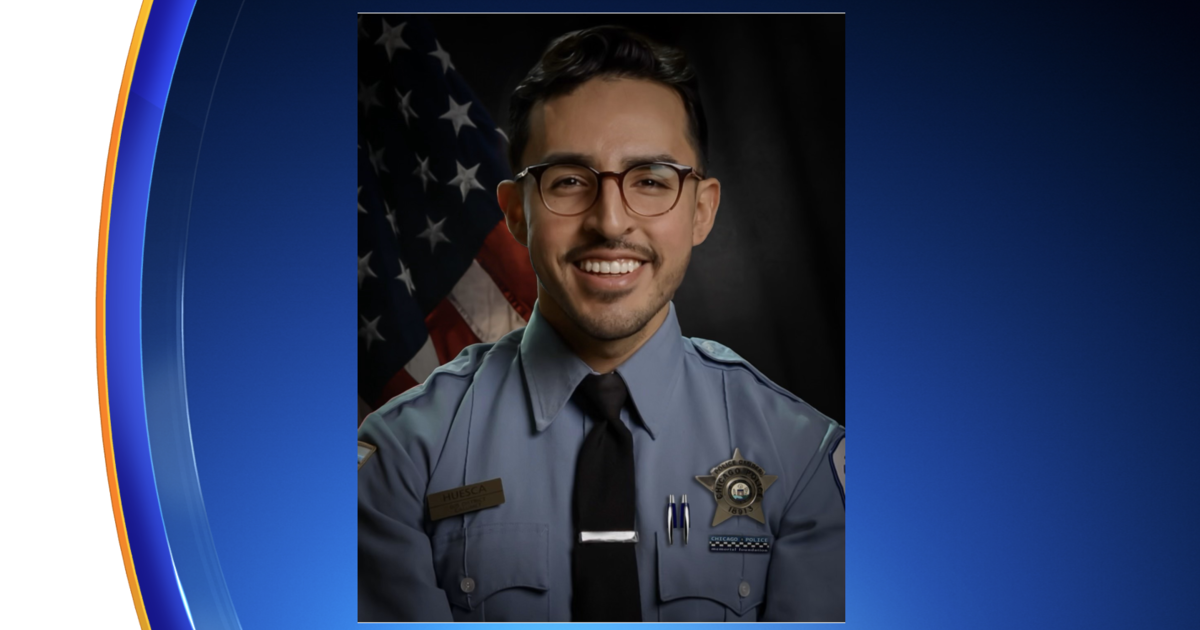Jason Van Dyke Gets 81 Months For The Murder Of Laquan McDonald
CHICAGO (CBS) --Jason Van Dyke, the former Chicago police officer convicted in the murder of Chicago teen Laquan McDonald in 2014 was sentenced to 81 months, a little more than six and a half years.
Judge Vincent Gaughan handed down the sentence for second degree murder count. CBS 2 legal analyst Irv Miller said that with time served, Van Dyke will likely serve a little more than three years.
Before announcing the sentence, Gaughan told the packed courtroom "I assume 100 percent of everybody is going to be disappointed" in the decision.
RELATED: LIVE UPDATES: Sentencing Hearing For Jason Van Dyke In Shooting Of Laquan McDonald
It was dashcam video of Van Dyke shooting McDonald 16 times that captivated the public, garnering national attention and spurred protests throughout the city.
The hearing lasted more than eight hours as Van Dyke entered the courtroom just after 9:00 Friday morning wearing a yellow jumpsuit. He now had a beard and appeared to have lost a significant amount of weight since his conviction on October 5, 2018 for McDonald's murder.
Van Dyke's attorney Dan Herbert recommended the ex-officer get probation for the crime. McDonald's family, as well as community activists wanted the maximum sentence. The second degree murder count carried a sentence that could be as little as probation or as much as four to 20 years in prison.
After going into recess, the hearing resumed at 10:30 with Special Prosecutor Joseph McMahon addressing the court.
Shortly after 11:00, the prosecution brought in several witnesses to testify about their encounters with Van Dyke. Several men, including Edward Nance, became visibly upset when recalling their encounters with the CPD officer.
McDonald's great-uncle, Rev. Martin Hunter, read a victim statement. Hunter said it was in the words of McDonald.
Defense attorney Dan Herbert began with his witnesses after a lunch break. Twice as many as the prosecution. Those who testified on Van Dyke's behalf included a Chicago police officer, a former CPD technician as well as the former and current presidents of the Chicago Fraternal Order of Police. Van Dyke's family members also took the stand. They included his brother-in-law Keith Thompson, Van Dyke's sister Heidi, his wife Tiffany and his father Owen Van Dyke.
Van Dyke's daughter Kaylee also testified. She told the court she did not want her audio or video to be broadcast.
Closing arguments began around 4:50 Friday afternoon with Special Prosecutor Joseph McMahon, who asked the judge to sentence 18 to 20 years in prison. For the defense, attorney Darren O'Brien continued to push for probation.
At the end of closing arguments Van Dyke stood in his own defense to ask the court for leniency. He said the last thing he wanted to do was shoot Laquan McDonald.
Friday's hearing could be the final chapter in the case of a white police officer shooting to death a black teen in 2014. It was an event that many activists said was racially motivated and mirrored other police shootings of African Americans in Chicago and throughout the country.
The October 2014 shooting death of McDonald was captured on dashcam video showing Van Dyke shooting the black teen 16 times. A University of Chicago professor called for the release of the video in December of that year.
In April of 2015, the city of Chicago reached a five million dollar settlement with McDonald's family and that month the U.S. Attorney's Office confirmed it was investigating McDonald's death.
The court-ordered release of dashcam video showing Van Dyke shoot McDonald 16 times proved to be a turning point in the McDonald case. It caused shock waves that reverberated from City Hall, where a police superintendent would be fired, to the ouster of a state's attorney criticized for her handling of the case, to countless protests evoking McDonald's name for a call to justice.
It wasn't until August of 2015 that journalist Brandon Smith sued to get the dashcam video released. In November of 2015 a Cook County judge orders the release of the dashcam video. That touched off protests throughout the city. Later in November, Van Dyke was charged with first degree murder for shooting Laquan McDonald.
During the trial, charges were reduced to second degree murder. Van Dyke took the stand in his own trial, but several jurors said that hurt his case, because they did not find him to be credible.
Van Dyke Trial: A Timeline From Jury Selection To Conviction
McMahon said back in October that the conviction of Van Dyke the conviction of Chicago police officer Jason Van Dyke "holds him accountable for his actions," but it "does not bring back Laquan McDonald."
On that day, activists and others gathered at the courthouse and outside Chicago's City Hall, listening on cell phones awaiting the verdict. Hundreds took to the streets in downtown Chicago afterwards celebrating the decision while saying that more work needed to be done to combat what they say are racially-motivated crimes.
Jason Van Dyke: Key Moments In The Trial
Laquan McDonald: A Timeline Of The Shooting, Fallout And Van Dyke's Trial



